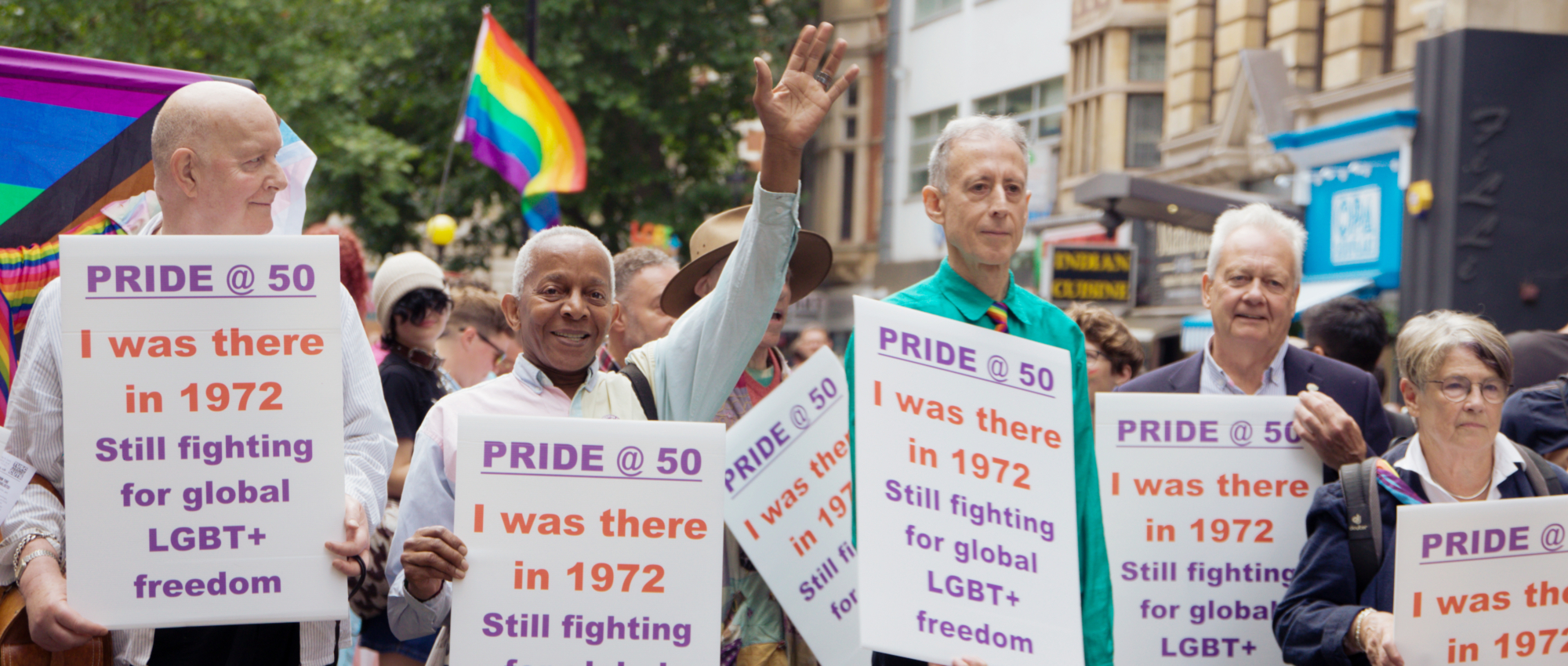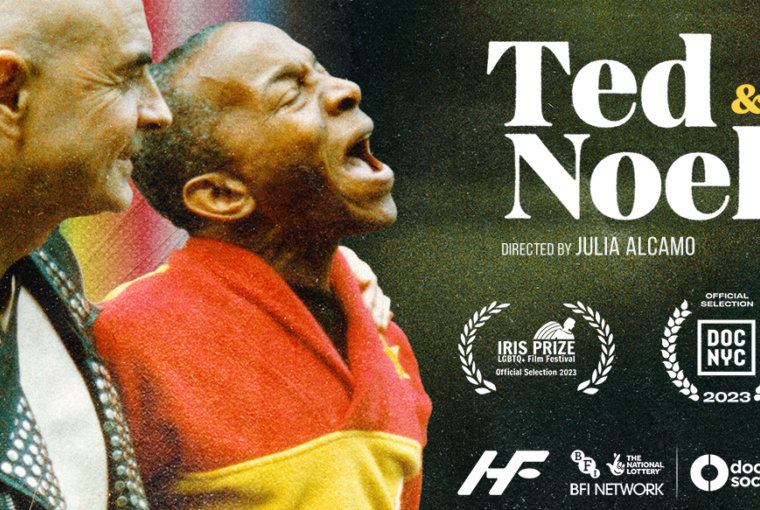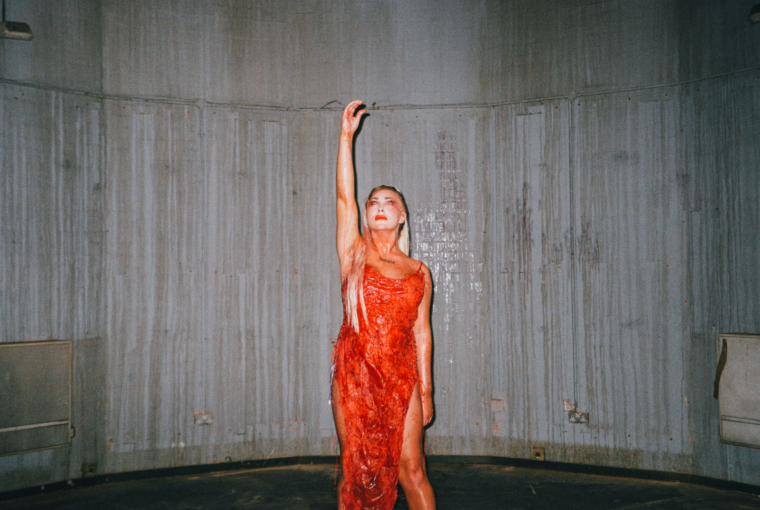
In Conversation with Ted Brown: Addressing Homophobic Abuse in UK Care Homes
CONTENT WARNING: Descriptions of physical and emotional abuse.
This Pride month, we are hosting a special screening of Iris Prize nominated short Ted & Noel (2023), followed by an in-depth Q&A with the film director Julia Alcamo and the star of the documentary Ted Brown.
The documentary follows LGBTQ+ and civil rights activist Ted Brown, one of the early members of the UK Gay Liberation Front (GLF) where he helped organise the first ever Pride march in London in 1972. 50 years on, Ted has just lost the love of his life, Noel, to dementia. Worse, Noel had experienced severe homophobic abuse from care home staff during his final days, leaving Ted to mount another campaign for LGBTQ+ rights.
Catching up with Ted Brown ahead of the event, we delved into the issue of homophobic abuse in care homes, exploring his personal experiences and his ongoing fight for equality.
Can you describe the current situation regarding homophobic abuse in care homes?
Raising awareness of homophobic abuse in care homes is crucial. There are 16,000 care homes in the UK, and statistically, at least one or two LGBTQ+ people in each. Most LGBTQ+ individuals in care homes are forced back into the closet due to fear of homophobic staff. Some staff come from countries where being LGBTQ+ is illegal, and rarely do care homes have specific policies to protect LGBTQ+ residents.
Noel, my partner of 48 years, suffered severe abuse in his care home. He was beaten and had cigarettes stubbed out on his hand. Some staff verbally abused him, calling him a pervert. Even when we provided proof of our civil partnership, we weren’t treated with the same respect as a heterosexual couple.
One of the most shocking incidents was when I found out that a nun that regularly visited the home had been telling Noel that his homosexuality was wrong. He had dementia and was very trusting, and so her influence could have seriously damaged our relationship. I had to personally intervene to stop the nun from making such comments, with no action from the care home itself.
My legal case against that nursing home is the first ever to be won that acknowledged homophobic abuse specifically. This is a significant victory but proves that many are still suffering in silence.
What efforts and initiatives are currently addressing this issue?
The main campaign against abuse in care homes generally is Compassion in Care. We look forward to their upcoming report, which will list 450 cases of abuse against LGBT people in care homes. Additionally, we are seeking advice on how they set up their organisation to help us establish our own.
With the help of my friend and colleague Clare Truscott of Lambeth Links, me and a few others are launching a new campaign called "Not Going Into the Care Closet," which focuses on the abuse of LGBTQ+ people. The generation now in care fought for gay liberation in the 70s and shouldn’t have to hide to protect themselves from abuse. We are in the early stages of seeking funding and figuring out how to support people effectively.
How can individuals and the community contribute to supporting this cause?
We encourage people to get in touch with Compassion in Care, who can refer them on to us. We are setting up our organisation “Not Going Into the Care Closet” and will need volunteers. Right now, we are focused on raising awareness and providing avenues for help.
I want to remind everyone that, despite the difficulties we face as a community, our achievements are amazing in overturning much of 2000 years of anti-LGBT abuse. You don’t need to be special to help fight back; you just need to do it. Simply being open is a great step forward. People being openly LGBT in their everyday lives is helping us all come out of the shadows.
***
If you or anyone you know is suffering abuse within a care home, contact the Compassion in Care confidential helpline on 0776 3066 063 or through their website compassionincare.com
Join us for a screening of Ted & Noel at Nights In on Thursday 1 August, followed by a Q&A session with Ted Brown and filmmaker Julia Alcamo. Hear directly from Ted and Julia as they discuss the making of the film and the critical issues it explores.
This event is produced in collaboration with FilmPride. Programmed by our Future Creative Leaders (FCL).


